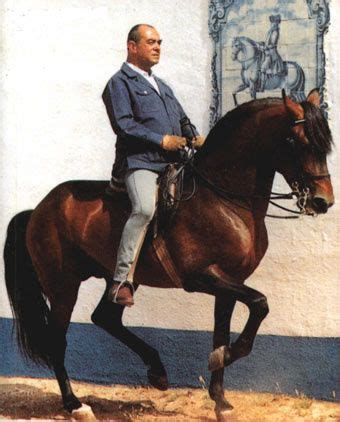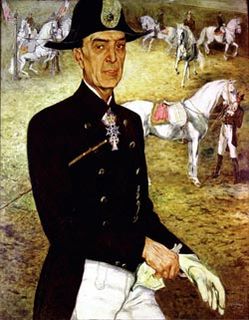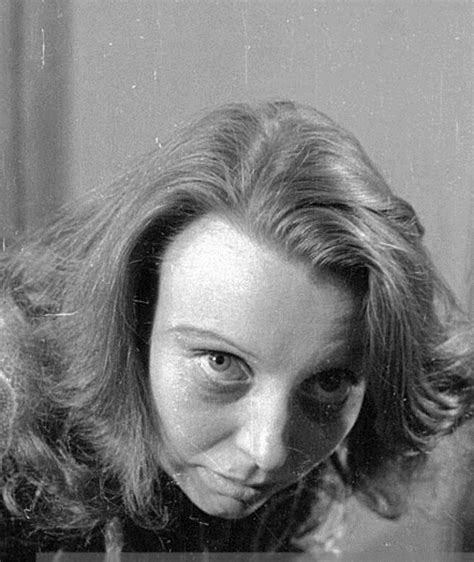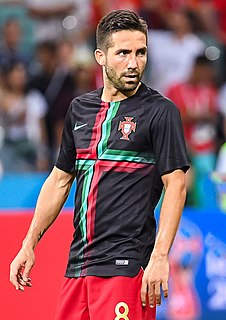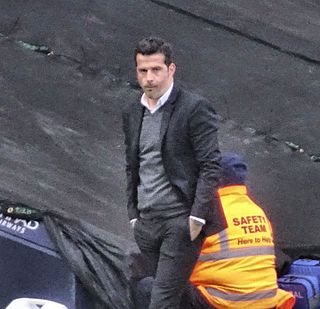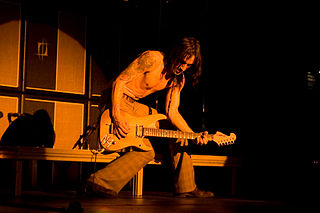A Quote by Nuno Oliveira
Every time the rider forgets to regulate the cadence, the horse begins to take control.
Related Quotes
[There, in War Horse] very little CGI. What happened there - because the horse was running very close to the trench, we had a rider. So in few instances, we had a rider dressed in a green suit. The rider would guide the horse through the frame, and through CGI [we removed] the rider. But that's about it.
One might compare the relation of the ego to the id with that between a rider and his horse. The horse provides the locomotor energy, and the rider has the prerogative of determining the goal and of guiding the movements of his powerful mount towards it. But all too often in the relations between the ego and the id we find a picture of the less ideal situation in which the rider is obliged to guide his horse in the direction in which it itself wants to go.
Until your personality has exhausted its obsession with running the show, your soul isn’t given the space to express itself. Your personality can be threatened by your soul, because your personality has controlled your life for a long time and doesn’t want to give up control. Your personality is like a wild horse that tries to throw off the rider trying to tame it. The rider is your soul.
The functional importance of the ego is manifested in the fact that normally control over the approaches to motility devolves upon it. Thus in its relation to the id it is like a man on horse back, who has to hold in check the superior strength of the horse; with this difference, that the rider tries to do so with his own strength while the ego uses borrowed forces.
